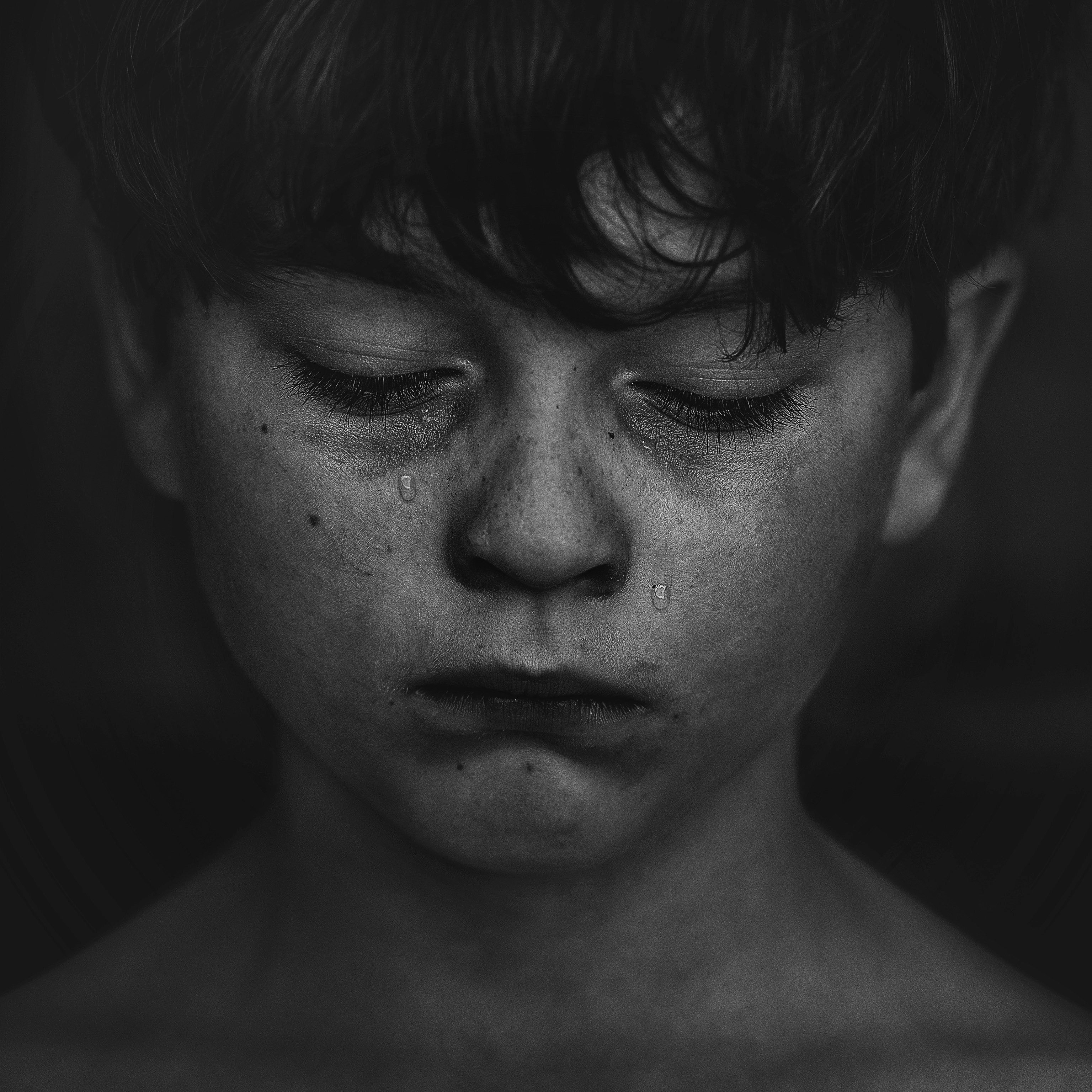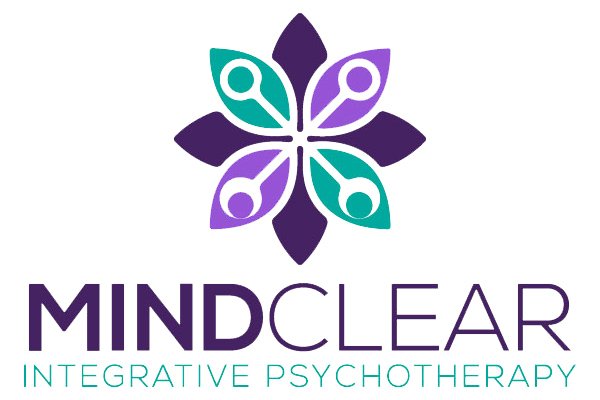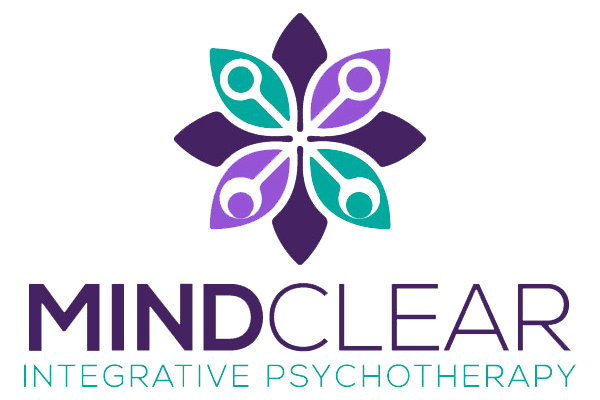
Photo by Kat Jayne from Pexels
Childhood Trauma and Healing
Childhood trauma often brings to mind extreme events, such as physical and sexual abuse, homelessness, and/or war. These might be considered “big T” trauma. While these tragedies are certainly traumatic for many, childhood trauma encompasses so much more. Relatively smaller experiences, especially during one’s developmental years, can also be traumatic. This is sometimes considered to be “small T” trauma.
Regardless of how one defines it, our early experiences can greatly affect our behaviors and relationships as adults. This is true even for those who may perceive their childhoods as “not that bad”, or who may frequently tell themselves “others have it a lot worse.”
What is trauma?
In general, the term “trauma” may be be defined as anything that overwhelms an individual’s ability to cope. It is an experience that one cannot fully make sense of, and may leave a person feeling helpless and afraid. Trauma may result from one acute event, or it may be the result of the culmination of many smaller experiences that may even go unnoticed over time.
It is important to note that what overwhelms a young child is very, very different than that with which an adult struggles to cope. And, the more things that happen and the longer they go on, the worse the lasting impact. This is true no matter how insignificant any singular experience might appear on the surface.
Whether or not you define your experiences as traumatic, the body registers stress the same. Experiences such as chronic invalidation and criticism, gaslighting, prolonged familial conflict, extreme parental stress, bullying, parental drug or alcohol abuse, death of an immediate family member, poverty, and racism all can become toxic forces within the body.
This toxicity becomes the body’s homeostasis. It’s what your body thinks is an ideal state, so that any times of relaxation or quiet are registered as unacceptable. The body will always move towards its homeostatic point, regardless of what your intellect knows to be healthy.
Overtime, chronic stress and trauma during childhood can result in any combination of the following:
- Inability to relax
- Depression
- Fear of intimacy
- Lack of trust
- Frequent conflict with others
- Hypervigilence
- Chronic anger/irritability
- Digestion problems
- Autoimmune disorders
- Anxiety
- Nightmares
- Chronic shame
- Isolation
- Temper outbursts
- Experiences of “not me”
- Substance abuse problems
- Self-hatred
- Internalized abusive voices
- Obsessive behaviors
- Perfectionism
- Excessive need for control
- Memory problems
- Dissociation
- Problems with reality-testing
- Extreme mood swings
- Hearing voices
Childhood development
The developmental years are when a person forms their entire worldview, understands how relationships work, perceives what is “normal,” develops a sense of identity and self-worth, and learns values and morals. When this period is one of chronic stress, anxiety, fear, self-doubt, and/or shame, it forms the base upon which every subsequent experience is built.
For instance, consider a child who is frequently criticized, or learns that self-worth is dependent upon performance or success. Adulthood may end up being a series of efforts to prove oneself, feeling like a failure, constant struggles of inferiority/superiority, difficulties accepting criticism, and debilitating shame. With each perceived failure or perception of inferiority, said person works even harder to prove to the phantoms of the path that he or she is good enough. This person lives in a constant state of fear and stress.
When a child experiences more overt forms of trauma, such as verbal, physical, and/or sexual abuse, and/or emotional/physical neglect, he or she may grow up with a fundamental belief that he or she is defective, unlovable, disgusting, and deserving of further abuse. In this context, self-destructive behaviors, suicidality, drug and alcohol abuse, and extreme emotional distress are understandable.
Chronic stress and trauma during childhood have been the only consistent variable that has been found to be associated with identifiable brain changes in those suffering with mental health difficulties.
Recovery
While the past certainly shapes the future, it need not be destiny. It is possible to heal. The scars that form during development may always be there, but one can learn how to love oneself, experience joy and fulfillment, relax, find acceptance, create safe boundaries, get one’s needs met, feel validated and heard, and more.
However, the journey towards growth and recovery is not an easy one, and surely is not linear. And, it cannot be done in isolation. Fortunately, healing comes in many forms and people have been doing it since the beginning of time.
Whether through therapy, spirituality, or other significant relationships, one can stop being controlled by the hurts from the past. It is important to understand that you are not broken and do not need to be fixed; rather, you need to feel safe and to heal. What happened to you does not define who you are!
Even though childhood trauma tends to result in altered brain functioning for some people, lifestyle changes, such as a healthy diet, forming and maintaining supportive relationships, psychotherapy, yoga, meditation, and exercises, have all been demonstrated to have the ability to alter brain structures and even genetic expression in a healthier direction.
In other words, no one is doomed to a life of suffering. And, no one deserves a life of suffering.




